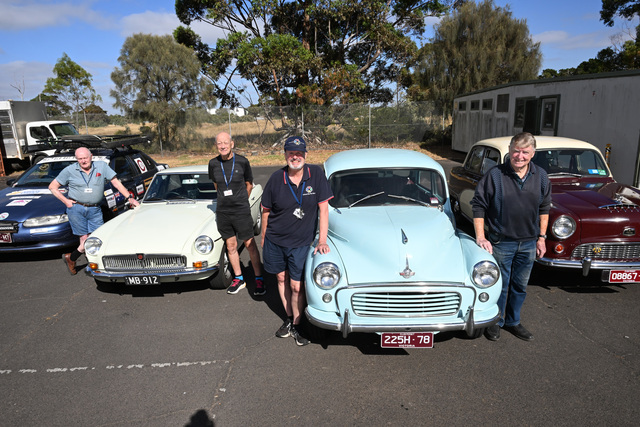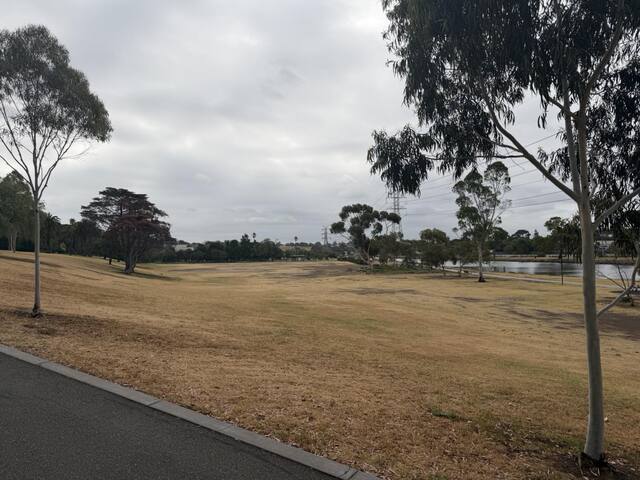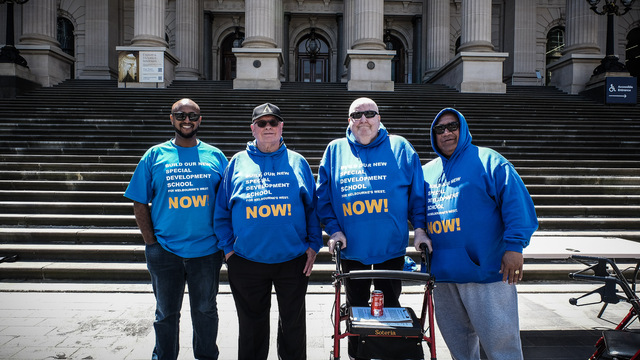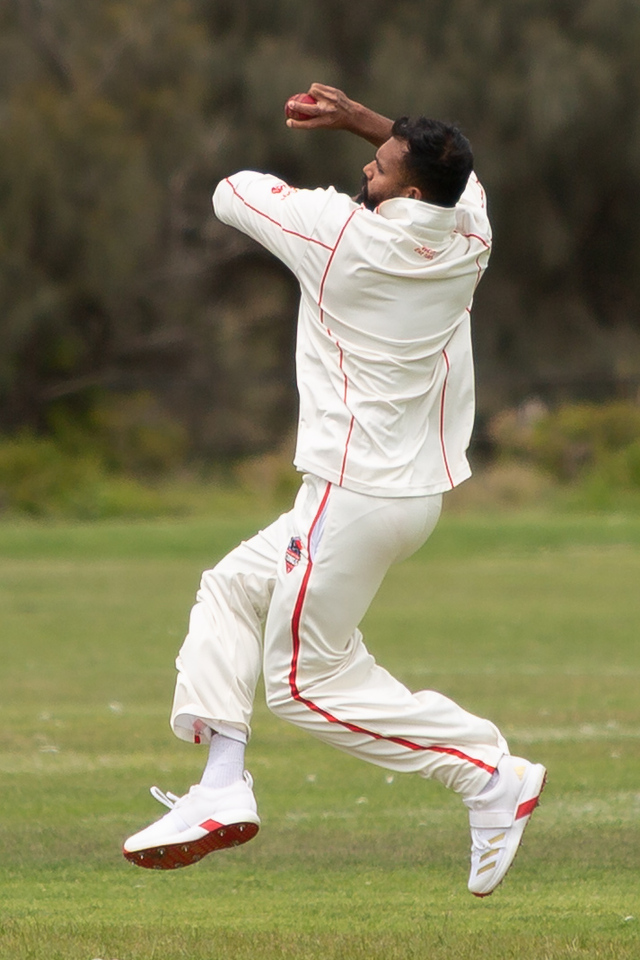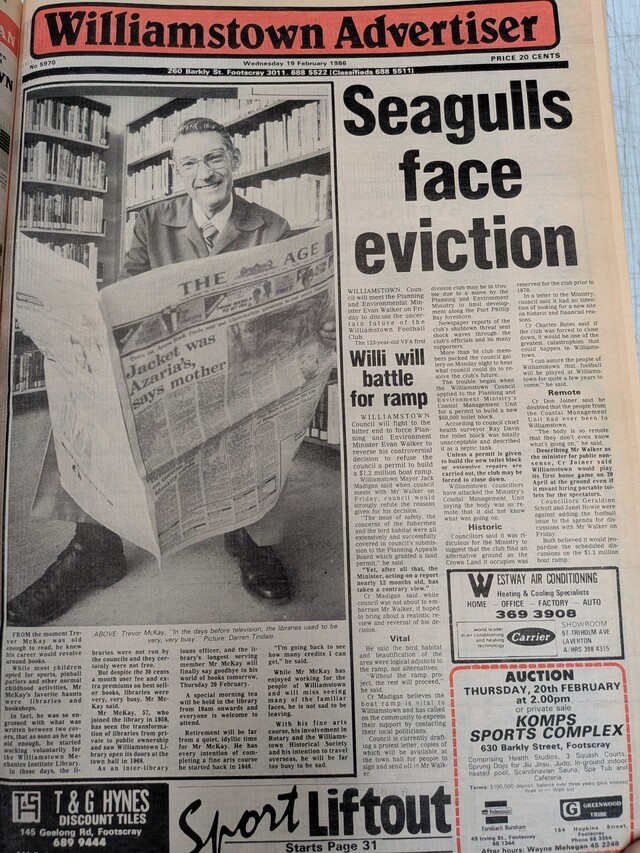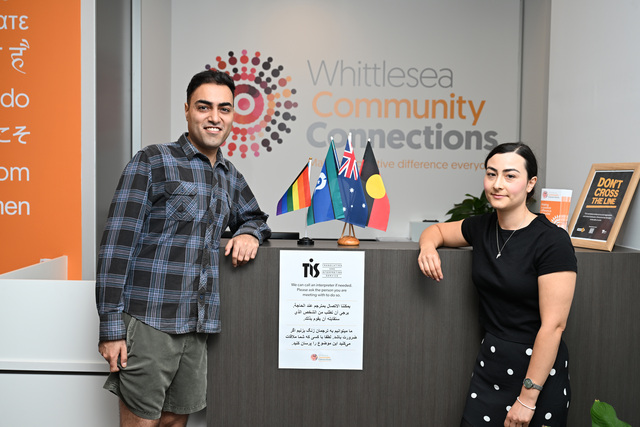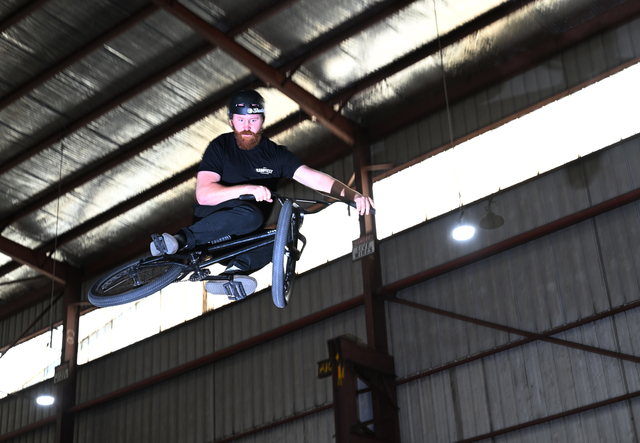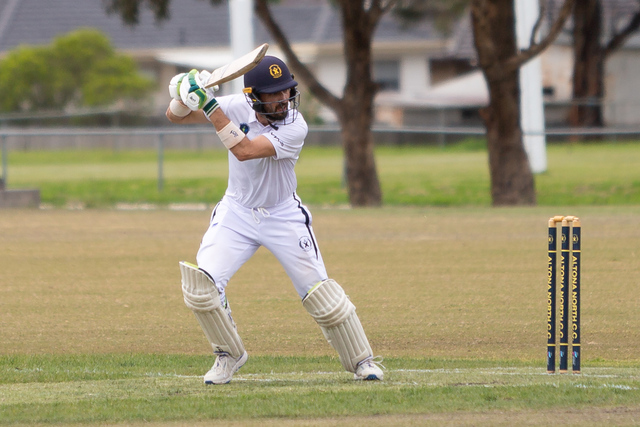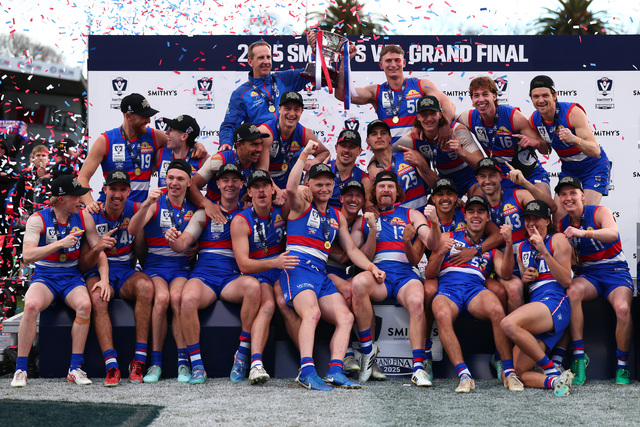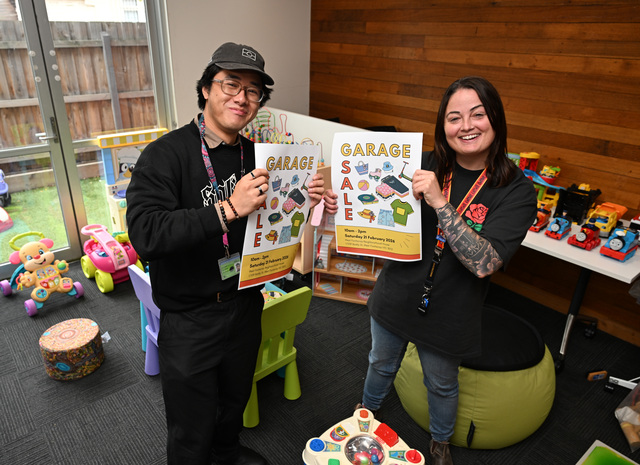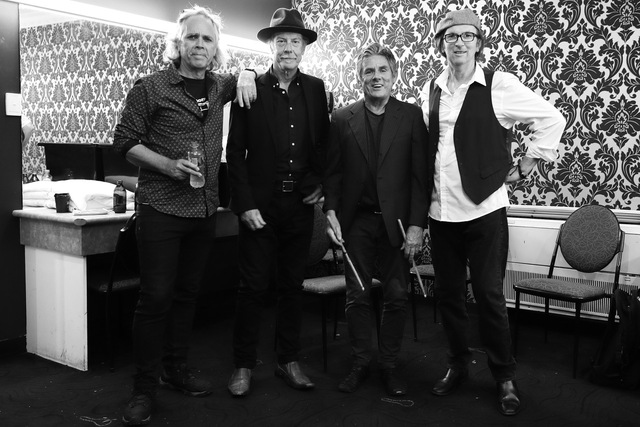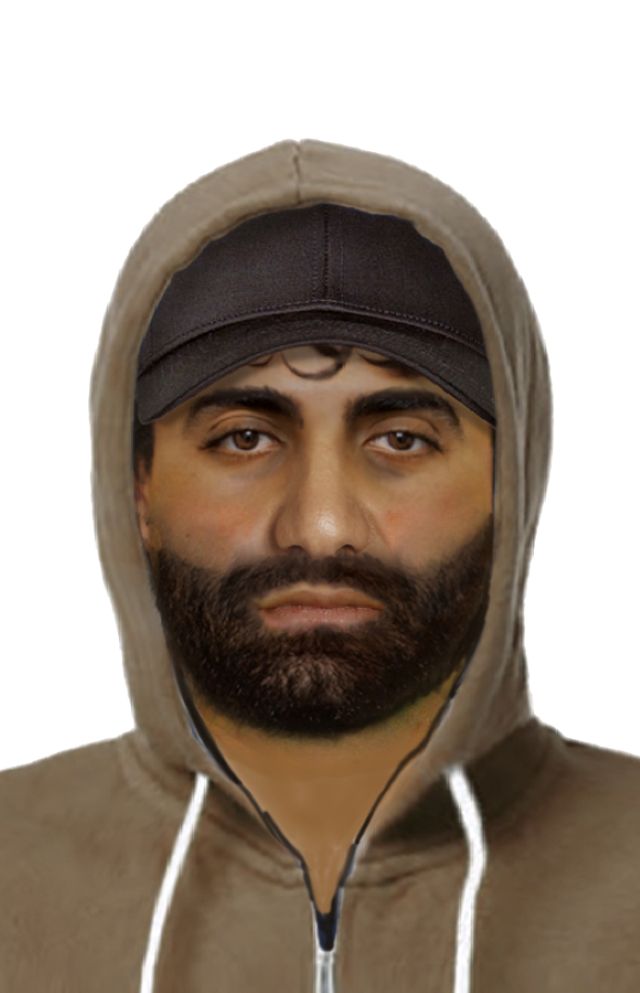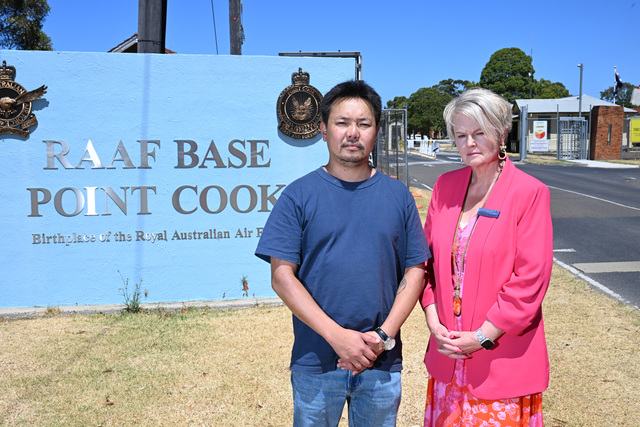Motorists who overstay parking time limits are at greater risk of being fined since Maribyrnong council installed parking sensors in Footscray CBD.
The new regime comes as the council nears almost $8 million lost in parking meter revenue since a 2015 freeze in Footscray CBD and Yarraville, following fierce backlash by Yarraville traders to the introduction of paid parking.
Yarraville Say No To Paid Parking convenor Megan Darling last week became a Maribyrnong councillor after being elected on a vote countback following Catherine Cumming’s move to the Victorian Parliament.
The sensors, which cost $100,000 to install, are small battery operated devices installed beneath the parking bay.
They record the arrival and departure time of vehicles, alerting parking officers to any vehicle over-staying.
The technology is helping the council collect parking data to shape any decision as to whether parking meters are switched back on.
Parking fees will only be considered once other restrictions have been applied and demand exceeds 85 per cent capacity.
Maribyrnong mayor Martin Zakharov said the new parking sensors provide accurate information to help manage parking conditions and traffic flow in the area.
“Sensors provide data 24 hours a day, seven days a week, allowing accurate analysis of parking trends,” he said.
“This can result in changes to parking conditions which create efficient turnover of spaces and help increase parking availability for residents, businesses, shoppers and visitors.”
Live data collected by the sensors can also be used by motorists looking for parking, via a mobile app called UbiPark.
The UbiPark app provides drivers with real-time information about on-street parking availability, including time restrictions.
The sensors are also likely to increase revenue to council coffers from parking fines.
The council last year came under fire over its process of reviewing fines handed out to motorists.
Victoria’s Ombudsman released a scathing report calling on the council to overhaul its infringement system, finding it had an unfairly rigid review process.
Ombudsman Deborah Glass compared the council with five others and found its practices were lacking in fairness and discretion.


